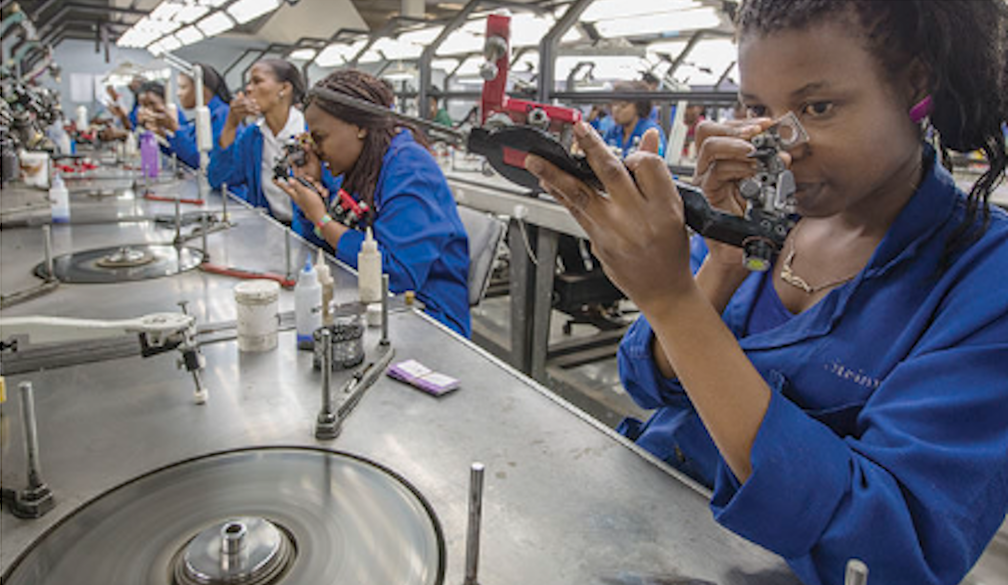Students learn better with Science Bits, research proves
- Written by PR Newswire

|
LONDON, June 23, 2021 /PRNewswire/ -- A new study by researchers from the University of Barcelona (UB) and the University of Rovira i Virgili (URV) published in the International Journal of Science Education provides evidence schools who applied the 5E model using Science Bits saw significant improvements in terms of learning, compared to traditional methods.
The study analyzed short and long-term conceptual learning in schools that applied the 5E model using Science Bits, compared to schools using conventional textbooks. The study noted a conceptual learning improvement in Science Bits students of almost half a standard deviation—in educational research a significant effect and remarkable—compared to the control schools.
Research in the Classroom
Llor Foundation (Barcelona), one of the schools that used Science Bits, also analyzed state examination results during the study:
"More students achieved excellent or very good grades and we significantly reduced the number of students who struggle and get poor results," says Josep Badia, a science teacher.
Students from Solc School in Barcelona, also saw improvement:
"Science Bits classes are built on inquiry, reasoning, and contextualized application which helps students grasp key science concepts better. We saw a big improvement in understanding and the ability to apply new skills," according to Pep Espígol, Pedagogical Director.
Science Bits: Scientific Evidence and Scientific Scrutiny
Science Bits makes the 5E instructional model accessible for schools with a full digital science curriculum of more than 1000 hours of prepared classes to promote inquiry-based learning. Designed for use on campus or remote or hybrid instruction, the curriculum follows the 5Es: Engage, Explore, Explain, Elaborate, and Evaluate to accelerate science education for students aged 10 – 16.
"Most educational materials used in schools are not backed by scientific research. The ISTF developed Science Bits based on scientific evidence, and our curriculum and methodology are subject—on an ongoing basis—to scientific scrutiny to ensure effectiveness," explains Dr. Héctor Ruiz Martín, ISTF Director and Researcher in Cognitive Psychology of Memory and Learning.
"Resources and methods used in schools should be research based and proven to be effective. Extensive scientific knowledge shows how to promote lasting, transferable, and productive learning in schools. We built Science Bits on that knowledge, and it is the first educational curriculum proven to be effective in a long-term study."
The ISTF Director is author of "How Do We Learn? A Scientific Approach to Learning and Teaching" or "Learning to Learn by Knowing your Brain: A Guide for Young Students"[1].
About the International Science Teaching Foundation (ISTF)
Based in London and Barcelona, the ISTF is a non-profit organization that improves STEM education in schools worldwide. Science Bits, the digital science curriculum created by the ISTF, combines cutting edge digital educational materials with proven and efficient teaching methods grounded in research and has over 20 international awards.
Public link to the article online:
https://www.tandfonline.com/doi/full/10.1080/09500693.2021.1918354[2]
ISTF Website:
Contributing to a high quality education around the globe[3]
Logo - https://mma.prnasia.com/media2/1537657/International_Science_Teaching_Foundation_Logo.jpg?p=medium600[4]
References
- ^ "Learning to Learn by Knowing your Brain: A Guide for Young Students" (science-teaching.org)
- ^ https://www.tandfonline.com/doi/full/10.1080/09500693.2021.1918354 (www.tandfonline.com)
- ^ Contributing to a high quality education around the globe (science-teaching.org)
- ^ https://mma.prnasia.com/media2/1537657/International_Science_Teaching_Foundation_Logo.jpg?p=medium600 (mma.prnasia.com)
Read more https://www.prnasia.com/story/archive/3417508_AE17508_0









